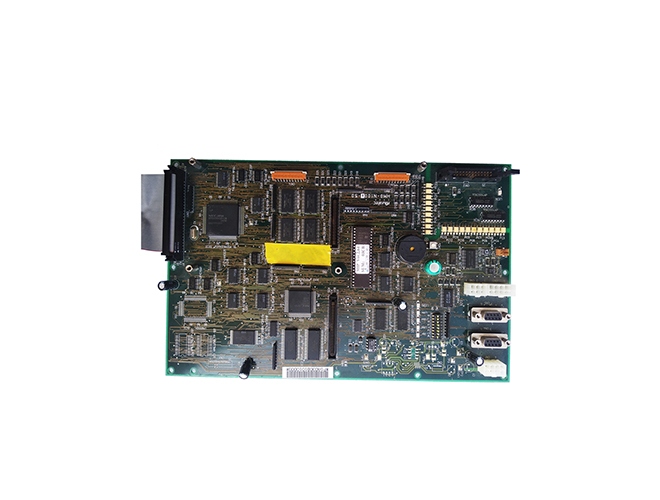-
CN
-
Service Hotline
+8618129931046 Mr. Liao


Time:2025-06-17 Views:1

Printed Circuit Boards (PCBs) are vulnerable to corrosion due to exposure to various environmental factors such as moisture, humidity, and chemical substances. Anti - corrosion treatment processes are essential to ensure the longevity and reliability of PCBs.
One of the most common anti - corrosion treatments is the application of a conformal coating. Conformal coatings are thin, protective films that cover the surface of the PCB, providing a barrier against moisture, dust, and chemicals. There are different types of conformal coatings, including acrylic, urethane, and silicone. Acrylic coatings offer good electrical insulation and are relatively easy to apply, but they may have limited resistance to high temperatures. Urethane coatings, on the other hand, provide excellent abrasion resistance and chemical resistance, making them suitable for harsh environments. Silicone coatings are known for their high - temperature stability and flexibility, which can help prevent cracks caused by thermal expansion and contraction. The application methods of conformal coatings include spraying, dipping, and brushing, each with its own advantages in terms of coverage and cost - effectiveness.
Another important anti - corrosion process is surface finishing. The most widely used surface finishing techniques for PCBs are Electroless Nickel Immersion Gold (ENIG), Hot Air Solder Leveling (HASL), and Organic Solderability Preservative (OSP). ENIG provides a smooth, flat surface with excellent solderability and corrosion resistance. It consists of a layer of nickel deposited on the copper surface, followed by a thin layer of gold. HASL involves dipping the PCB in a bath of molten solder, which forms a protective layer on the copper traces. However, HASL may result in uneven solder thickness and can be less suitable for fine - pitch components. OSP is a thin, transparent organic film that protects the copper surface from oxidation and provides good solderability. It is a cost - effective option but may require more careful handling during the soldering process.
In addition, the use of corrosion - resistant materials in PCB manufacturing can also enhance anti - corrosion properties. For example, choosing copper alloys with better corrosion resistance or using flame - retardant and moisture - resistant laminates can contribute to the overall durability of the PCB.